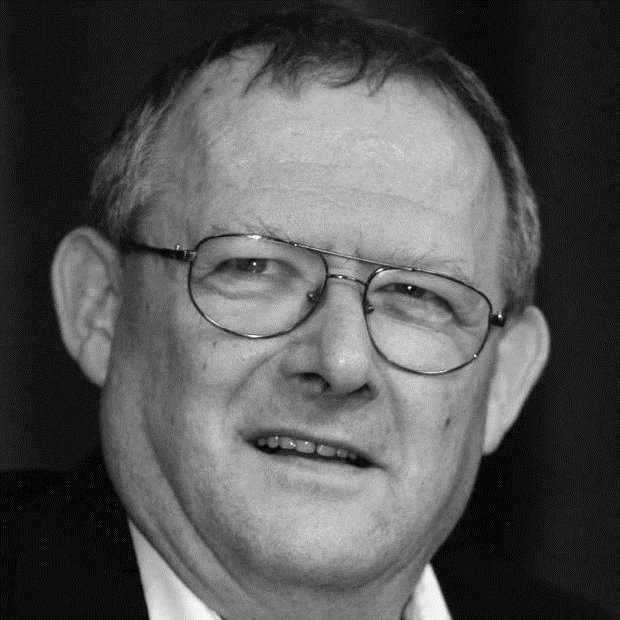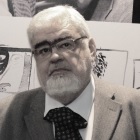Opening session: EU diverse Civil Societies
A quarter of century has passed since Communism has been brought down in Central and Eastern Europe by a generation who did not know that it was impossible to change an all-powerful system. Freedom of association and expression and the solidarity of long oppressed citizens were the foundation on which civil society was rebuilt. The path was not smooth and the progress has been slow in most of our countries, in confrontation with the formidable forces and inertia of the former regime. The conversation will look at the meanings of civil society, citizenship and the transformation of the public space in Central and Eastern Europe

Historian, essayist, former dissident, public intellectual, and the editor-in-chief of Poland's largest newspaper Gazeta Wyborcza (PL)
Adam Michnik is a Polish historian, essayist, former dissident, public intellectual, public intellectual, and the editor-in-chief of Poland's largest newspaper Gazeta Wyborcza. He was one of the most relentless opponents of the communist regime. A legendary figure of the Polish anti-communist opposition, he was imprisoned, first, after the 1968 March Events, then, after the imposition of the Martial Law in 1981. Adam Michnik also played a crucial role during the Polish Round Table Talks, as a result of which the communists conceded to call elections, which were subsequently won by Solidarity .

Philosopher, essayist, journalist, literary and art critic (RO)
Andrei Pleşu is a Romanian philosopher, essayist, journalist, literary critic and art critic. He has by turns been Minister of Culture (1989–1991) and Minister of Foreign Affairs (1997–1999), and member of the Council for the Study of the Archives of Romania’s former secret police Securitate (2000–2004). He was awarded the New Europe Prize in 1993. This was the impetus for the New Europe College, which Andrei Pleşu founded in 1994 in Bucharest.






